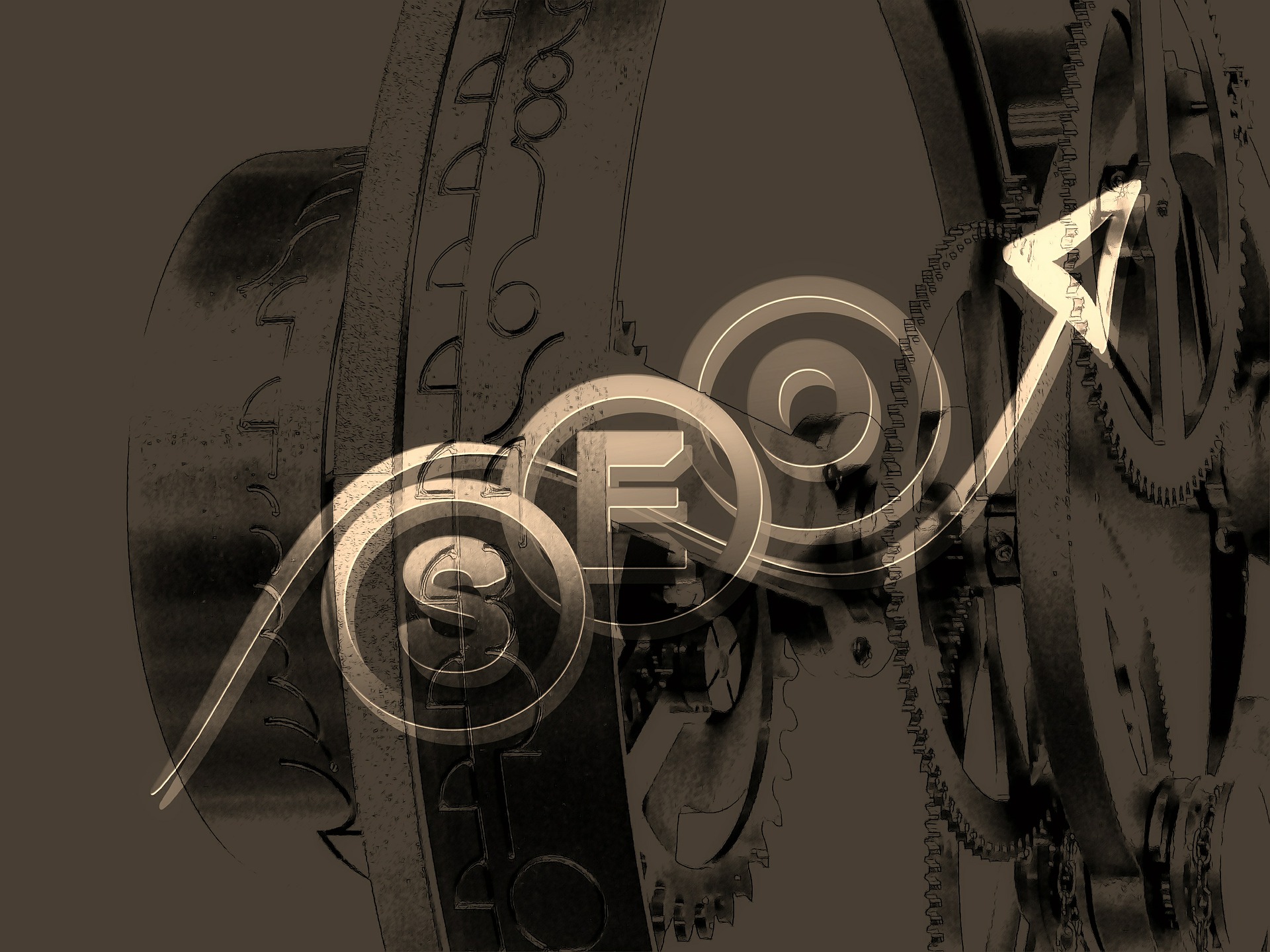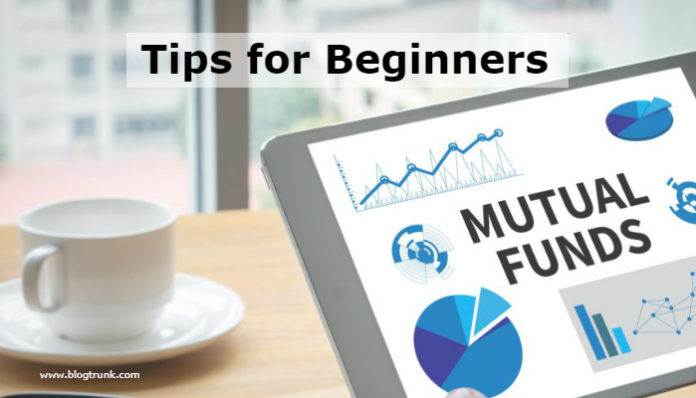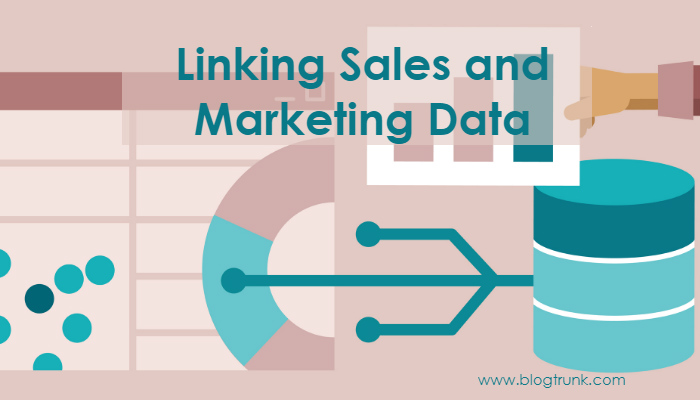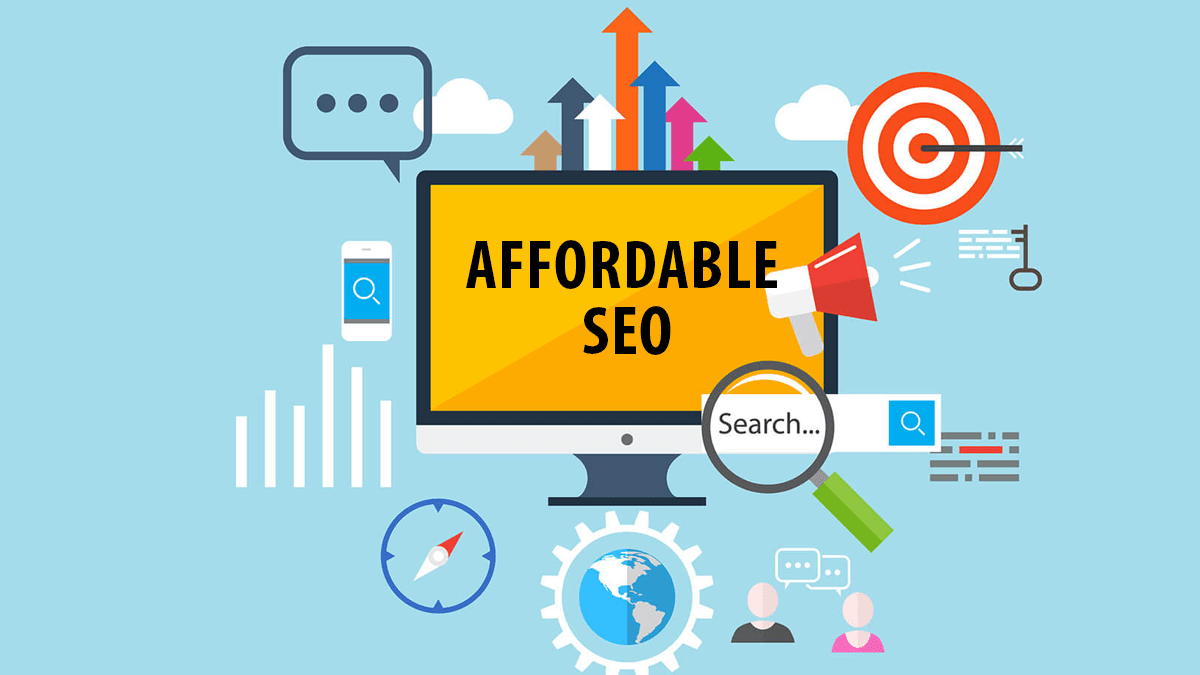How to learn SEO beginner
Search engine optimization is complicated. Many consider it to be an art full of unknowns and uncertainties. While some marketers consider it an exciting challenge, others choose to stay away for fear that things may not go well.
However, the truth is that if you do any type of online marketing, having at least basic SEO knowledge can help you have more successful strategies and campaigns.
So in order to be successful, we've put together a thirty-day plan, which is designed to give you a better idea of how SEO works, how it can be tailored to your strategy, and what tools you can use to measure and report on your efforts. Although this post will not make you an SEO expert overnight, we promise it is packed with resources that will make your life as a digital marketing professional easier.
Let's start.
Section 1: SEO concepts
After the first four days of this plan you will have a basic understanding of how search engines work, a clear sense of the difference between SEO on and off-page, as well as a general idea of how Google's algorithmic updates have shaped the way people view SEO today.
Learn about how search engines work
Before delving into SEO concepts, you'll need to develop an understanding of how search engines work.To make your thirty days easier, sit back and watch the video below by Matt Cutts, who used to be responsible for Google Webspam. When you're done viewing it, you'll better understand how search engines work.
Create your SEO reading list
SEO is a constantly evolving phenomenon. For this reason, a way to stay up to date on SEO changes and implementations, you have to read. Luckily there are a number of excellent blogs that talk about SEO and can help you stay informed on this topic.
Here are some blogs that you should add to your bookmarks right now. We invite you to give yourself some time to visit at least some of them:
• Moz
• HubSpot Marketing Blog
• Search Engine Land
• Search Engine Watch
• Backlinko
• Point Blank SEO Blog
• MatthewBarby.com
• SEOnick
• They leave blog
• Builtvisible
Learn the basics of on-page SEO
For most, on-page SEO is the easiest part to understand because you can see and control it. On-page SEO refers to the elements that search engine crawlers perceive of the content and structure of your site. These include the following elements:
1. Content (design and words)
2. Header tags
3. URL addresses
4. Image alt tags
5. Internal links
6. Data Marking in Schema
7. Site architecture
8. XML sitemaps
For more information on on-page SEO, check out this comprehensive guide from our friends at Moz.
Learn the basics of off-page SEO
This is the side of SEO that many people fear. Although they shouldn't. Off-page SEO factors mainly revolve around links. These cover everything that affects your visibility in search engines as well as the information found on your website.
At this stage, it is enough to develop a general understanding of what off-page SEO entails. (You will learn more about how to create links later).
This handy Search Engine Land resource lists all the factors related to off-page SEO
SEO tools
Before fully entering SEO, you need to have all your analytics tools set up and ready to go. At the end of this section, you will be able to do it.
Set your analytics.
Take the time to configure the analytics you have selected. Google Analytics tends to be the most popular option. (If you are a HubSpot client, you can integrate Google Analytics with your portal).
For more information on how to set up your Google Analytics for SEO, follow the information in this guide.
I the competition is doing, but to make sure that you are doing more, more efficiently and providing a better solution to your visitors.
Follow the steps below, and you'll have the basic skills necessary to successfully complete your competition analysis and keyword research.
Develop an understanding of link building
Creating links; A term that is synonymous with off-page SEO refers to the practice of getting links from other websites to yours.
The number of high-quality links linked to your website is still one of the most important factors for ranking in SEO. There are many techniques for link building, but that doesn't mean it's an easy task. It is challenging and time-consuming. However, if you create great content, chances are good that you attract a lot of links organically and without having to spend a lot of time searching for them.
This ebook written by Paddy Moogan from Aira explains the importance and art of link building.
Start developing a link building strategy
This does not mean that you have to find out where you can buy a million supposedly high-quality links for your blog.
After reading Paddy's e-book, you will have an understanding of the importance of link building, as well as an idea on how to do it. It is time to move to the next level.
Jon Cooper of Point Blank SEO put together a comprehensive list of link building strategies. Take the time to familiarize yourself with them (there are many) and discover how you can implement some of them in your own













